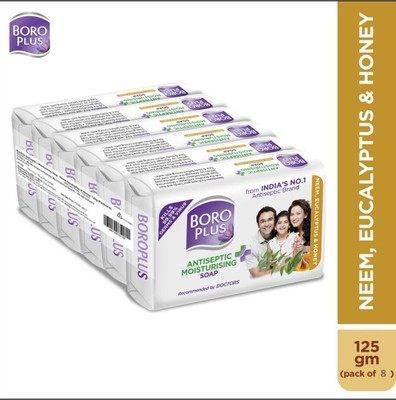
Aura Kriya Nutrient-Rich Flaxseed Oil for Cooking, Edible Oil, Cooking Oil, Alsi ka Tail Flaxseed Oil PET Bottle (1000 ml)
Price: Not Available
Currently Unavailable
Highlights
- Used For: Cooking, Frying, Baking, Massaging
- Processing Type: Cold Pressed
Description
Flaxseed oil, derived from the seeds of the flax plant (Linum usitatissimum), is renowned for its numerous health benefits and culinary uses. Rich in alpha-linolenic acid (ALA), a type of omega-3 fatty acid, flaxseed oil offers various advantages for heart health, skin care, and overall well-being. Health Benefits: Heart Health: Flaxseed oil is known for its potential to lower blood pressure, reduce inflammation, and improve cholesterol levels. ALA helps maintain cardiovascular health by supporting blood vessel function and reducing the risk of heart disease. Anti-inflammatory Properties: ALA in flaxseed oil has anti-inflammatory effects that can benefit conditions like arthritis and inflammatory bowel disease. Skin and Hair Health: Flaxseed oil is rich in omega-3 fatty acids and antioxidants, which help moisturize the skin, improve skin elasticity, and reduce dryness and irritation. It also promotes hair strength and shine when consumed or applied topically. Brain Function: Omega-3 fatty acids, including ALA, are essential for brain health and cognitive function. Regular consumption of flaxseed oil may support brain development and reduce the risk of neurodegenerative diseases. Digestive Health: The high fiber content in flaxseeds and their oil supports digestive health by promoting regular bowel movements and preventing constipation. Culinary Uses: Flaxseed oil has a delicate and nutty flavor, making it suitable for various culinary applications: Salad Dressings: It adds a nutritious boost to salads when used as a base for dressings along with vinegar or citrus juice. Smoothies: Incorporating flaxseed oil into smoothies enhances their nutritional value and provides a creamy texture. Dips and Sauces: It can be mixed into dips like hummus or used in sauces for pasta or vegetables. Tips for Using Flaxseed Oil: Storage: Flaxseed oil should be stored in a dark, cool place, preferably in the refrigerator, to prevent oxidation and maintain freshness. Heat Sensitivity: Avoid heating flaxseed oil as high temperatures can degrade its beneficial properties and produce a bitter taste. Supplementation: Flaxseed oil is available as a dietary supplement in the form of capsules for those who prefer not to consume it directly. Considerations: Allergies: Individuals with allergies to flaxseeds should avoid flaxseed oil. It's advisable to consult a healthcare professional before adding flaxseed oil to your diet, especially if you have existing health conditions or are pregnant or breastfeeding. In conclusion, flaxseed oil is a versatile and nutritious addition to the diet, offering a range of health benefits from heart health to skin and hair care. Incorporating flaxseed oil into your daily meals can contribute to overall well-being and support a healthy lifestyle.
Read More
Specifications
In The Box
| Pack of |
|
General
| Brand |
|
| Model Name |
|
| Type |
|
| Quantity |
|
| Used For |
|
| Processing Type |
|
| FSSAI Number |
|
| Maximum Shelf Life |
|
| Food Preference |
|
| Container Type |
|
| Organic |
|
| Added Preservatives |
|
| Model Number |
|
| Ingredients |
|
| Nutrient Content |
|
| Net Quantity |
|
| Key Features |
|
Additional Features
| Other Features |
|
Legal Disclaimer
|
Ratings & Reviews
4
★
1 Ratings &
0 Reviews
- 5★
- 4★
- 3★
- 2★
- 1★
- 0
- 1
- 0
- 0
- 0
Have you used this product? Be the first to review!
Be the first to ask about this product
Safe and Secure Payments.Easy returns.100% Authentic products.
Back to top












